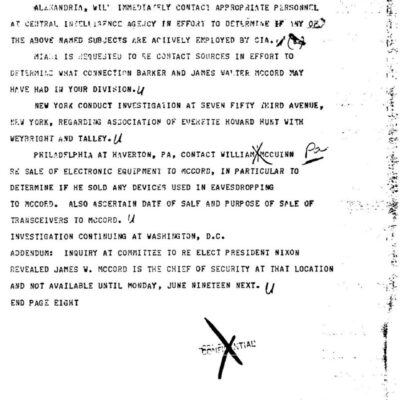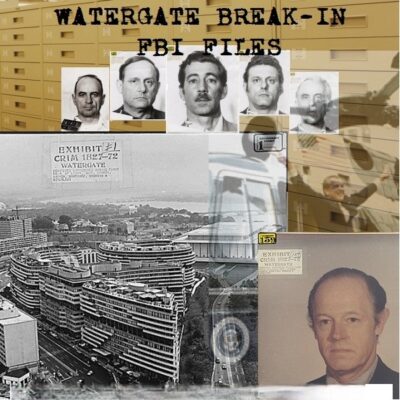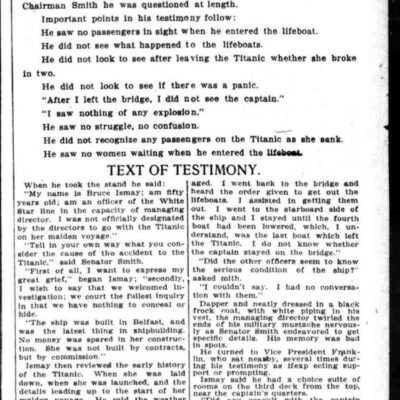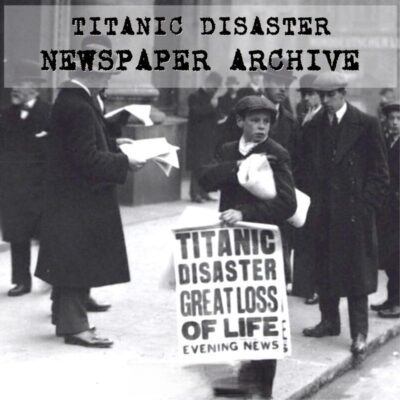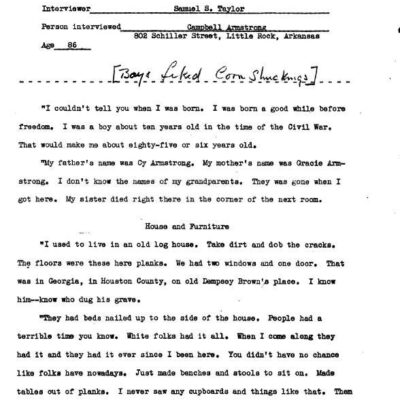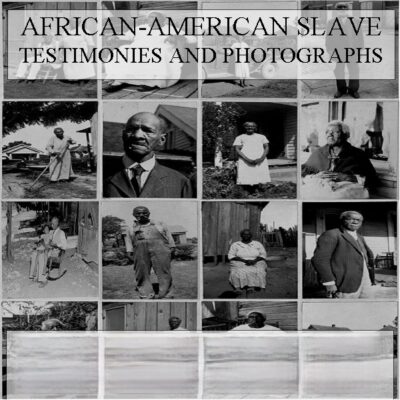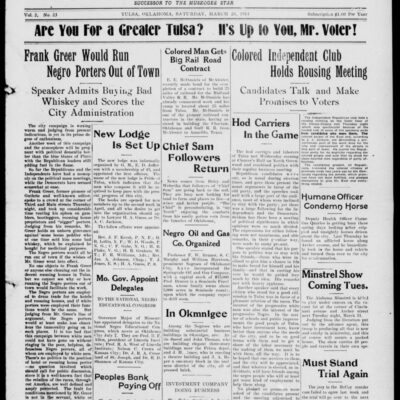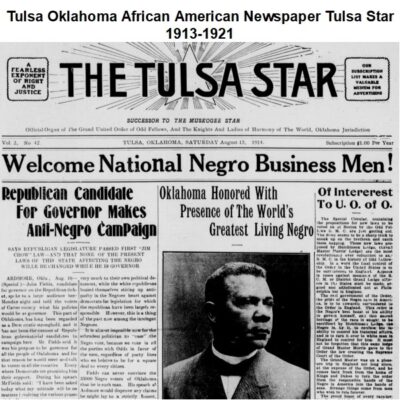“Abraham Lincoln’s Telegrapher David Homer Bates: Papers, Diary, and Books” has been added to your cart. View cart
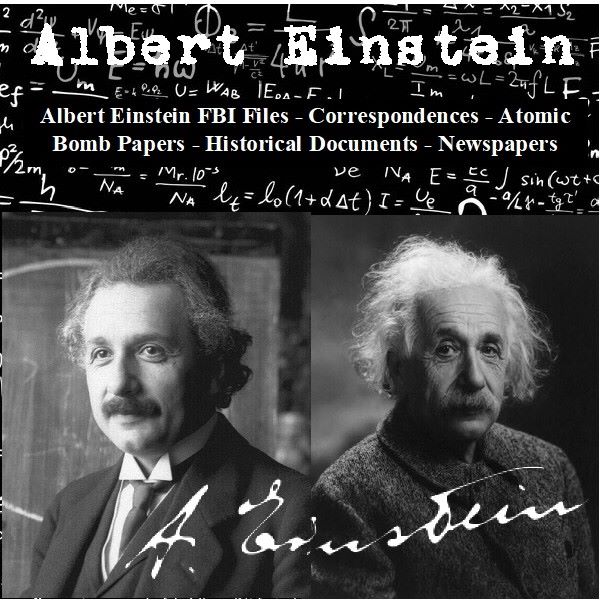
Albert Einstein: FBI Files, Letters, A-Bomb Papers & Historical Records
$19.50
Category: Historical Files
Tags: Albert Einstein, fbi, FBI Files
Description
Einstein’s American Odyssey: From Physics to Policy and Espionage
1879:
- March 14, 1879: Albert Einstein is born to Jewish parents in Ulm, Germany.
1920-1955:
- American newspapers cover news about Albert Einstein.
1930s-1955:
- The FBI conducts multiple investigations into Albert Einstein to determine if he is a threat to the United States. These investigations chronicle attempts by non-government organizations to keep Einstein out of the U.S. and rumors of Soviet Union attempts to lure him there.
1933:
- While Albert Einstein is visiting the United States, Adolf Hitler comes to power in Germany. Due to his Jewish background, Einstein does not return to Germany.
October 1938:
- Albert Einstein writes a letter to his friend Dr. Michele Besso, discussing his efforts to help Jews in Europe by issuing affidavits for their immigration.
Summer 1939:
- A group of physicists, including some who fled Hitler’s Germany, meet to discuss concerns about Germany developing a uranium-based weapon. They decide to inform President Roosevelt immediately.
- A letter is drafted for Albert Einstein’s signature, informing President Roosevelt about the dangers of a nuclear chain reaction bomb, leveraging Einstein’s international renown and prior relationship with the Roosevelts.
August 2, 1939:
- Albert Einstein sends a letter, drafted by Leo Szilard, to President Franklin D. Roosevelt, warning about Nazi Germany’s potential development of “extremely powerful bombs of a new type” and recommending similar research by the US. This letter becomes famous for its role in initiating the Manhattan Project.
October 11, 1939:
- Alexander Sachs, a long-time economic adviser to FDR, personally delivers Einstein’s August 2, 1939, letter to President Roosevelt (delayed by the outbreak of the war).
- Upon learning the letter’s contents, President Roosevelt tells General Edwin M. Watson, “This requires action.” This action eventually evolves into the Manhattan Project.
1940:
- Albert Einstein becomes an American citizen.
- James Conant is appointed to the National Defense Research Committee (NDRC).
1940-1945:
- Correspondence, memos, and reports related to the development of the atomic bomb are maintained in Dr. James B. Conant’s office for himself and Dr. Vannevar Bush. These records include discussions about why Einstein was not included in the S-1 project and attempts to obtain theoretical data from him without revealing its intended use.
1941:
- James Conant becomes chairman of the National Defense Research Committee (NDRC), overseeing vital wartime research projects, including the Manhattan Project.
- Albert Einstein writes to Eleanor Roosevelt, expressing frustration with bureaucratic impediments to his efforts to aid Jewish refugees, stating that State Department policies make it “all but impossible to give refuge in America to many worthy persons who are the victims of Fascist cruelty in Europe.”
May 17, 1943 – October 15, 1944:
- Albert Einstein corresponds with Lieutenant Stephen Brunauer of the U.S. Navy’s Bureau of Ordnance, contributing ideas, drawings, and calculations related to torpedo development, including an electro-magnetic device for torpedo detonation and mathematical analysis of underwater explosions. He also explores, and disproves, an idea for torpedo positioning.
1937-1954:
- The FBI concludes its investigation into Albert Einstein’s political activity, finding him to be a member, sponsor, or affiliated with fifty organizations the FBI considered communist fronts, and an honorary chairman for three of them.
1948:
- Albert Einstein writes to Joe J. Heydecker, president of Weltstaatliga (World State League), rejecting an honorary position due to the murder of “more than half of my Jewish brethren” by Germans.
1951:
- The Immigration and Naturalization Service investigates the possible revoking of Einstein’s citizenship due to suspicions that his secretary and housekeeper was a Soviet agent.
1955:
- Albert Einstein passes away.
Cast of Characters
- Albert Einstein (1879-1955): A German-born theoretical physicist, widely considered the greatest physicist of all time and named “Person of the Century” by Time Magazine in 1999. He is most famous for his theory of relativity (E=mc²). He was also an international advocate of peace, human rights, and an early supporter of a Jewish homeland. He immigrated to the United States in 1933 and became an American citizen in 1940. He endorsed the letter to President Roosevelt that led to the Manhattan Project, denounced the use of nuclear fission as a weapon, and engaged in efforts to aid Jewish refugees during WWII. He also contributed to U.S. Navy torpedo development and corresponded with Sigmund Freud on the topic of “Why War?”. He was the subject of extensive FBI investigations regarding his political activities and potential communist affiliations.
- Franklin D. Roosevelt (FDR): The President of the United States who received Albert Einstein’s crucial letter in 1939, which warned about the potential for “extremely powerful bombs of a new type.” His response, “This requires action,” led to the establishment of the Manhattan Project.
- Alexander Sachs: A long-time economic adviser to President Franklin D. Roosevelt. He personally delivered Albert Einstein’s August 2, 1939 letter to President Roosevelt on October 11, 1939.
- General Edwin M. Watson: President Roosevelt’s military adviser. He was present when Roosevelt received Einstein’s letter and heard FDR’s directive for “action” regarding the atomic bomb.
- Vannevar Bush: During World War II, he headed the Office of Scientific Research and Development (OSRD), which oversaw nearly all wartime military R&D, including the early administration of the Manhattan Project. He maintained files with James Conant related to atomic bomb development, including correspondence concerning Einstein’s non-inclusion in the S-1 project.
- James Conant: Appointed to the National Defense Research Committee (NDRC) in 1940, becoming its chairman in 1941. In this role, he oversaw vital wartime research projects, including the Manhattan Project. He maintained files with Vannevar Bush related to atomic bomb development, including discussions about Einstein.
- Lieutenant Stephen Brunauer: A member of the U.S. Navy’s Bureau of Ordnance. He corresponded with Albert Einstein between 1943 and 1944 regarding the development and mathematical optimization of torpedoes.
- Sigmund Freud: A renowned Austrian neurologist and the founder of psychoanalysis. He exchanged letters with Albert Einstein for the purpose of producing a pamphlet titled “Warum Krieg?” (Why War?), discussing their shared horror of war and the belief that it could be avoided through international renunciation of sovereignty.
- Leo Szilard: A Hungarian-American physicist who played a key role in conceiving the nuclear chain reaction. He drafted the significant letter that Albert Einstein signed and sent to President Roosevelt on August 2, 1939, warning about the atomic bomb.
- Dr. Michele Besso: A Swiss/Italian engineer and a friend of Albert Einstein. Einstein wrote to him in October 1938, discussing his attempts to help Jews in Europe immigrate by issuing affidavits.
- Maja Winteler-Einstein: Albert Einstein’s sister. Einstein encouraged her to come to the United States.
- Eleanor Roosevelt: The First Lady of the United States and a humanitarian. Albert Einstein wrote to her in 1941, expressing frustration over bureaucratic hurdles in aiding Jewish refugees.
- Joe J. Heydecker: President of Weltstaatliga (World State League), headquartered in Munich, Germany. Albert Einstein rejected an honorary position at his organization in 1948 due to the Holocaust.
- Adolf Hitler: The dictator of Nazi Germany. His rise to power in 1933 prompted Albert Einstein, due to his Jewish background, to remain in the United States, and his regime’s actions led to fears of Germany developing a nuclear weapon, influencing Einstein’s letter to Roosevelt.







